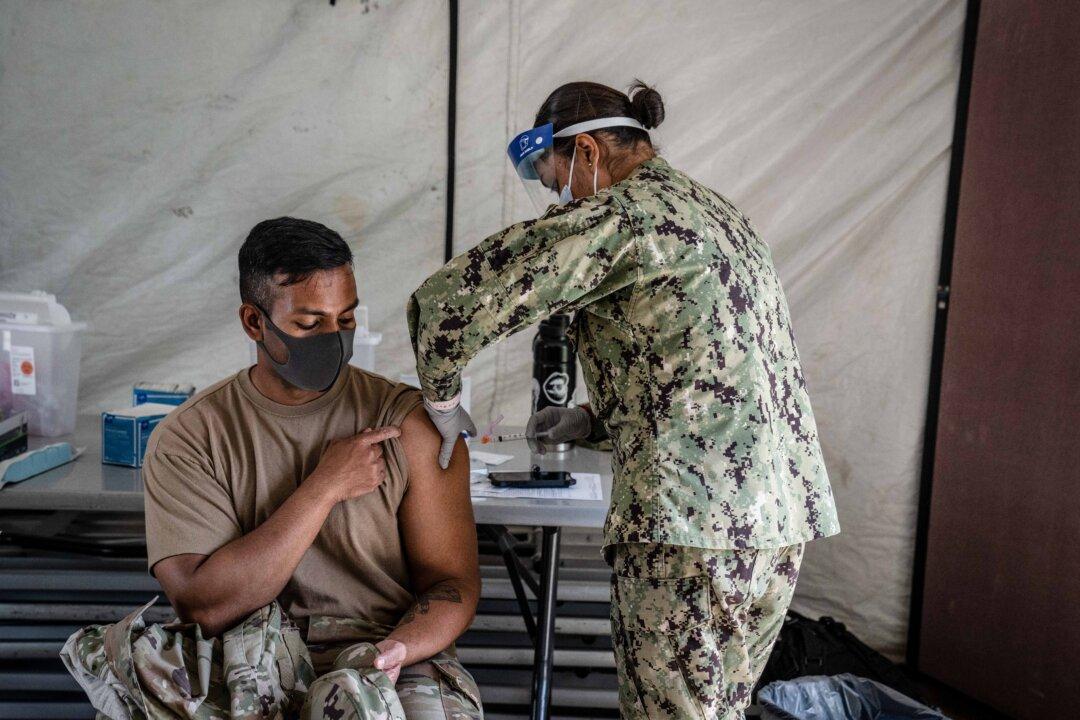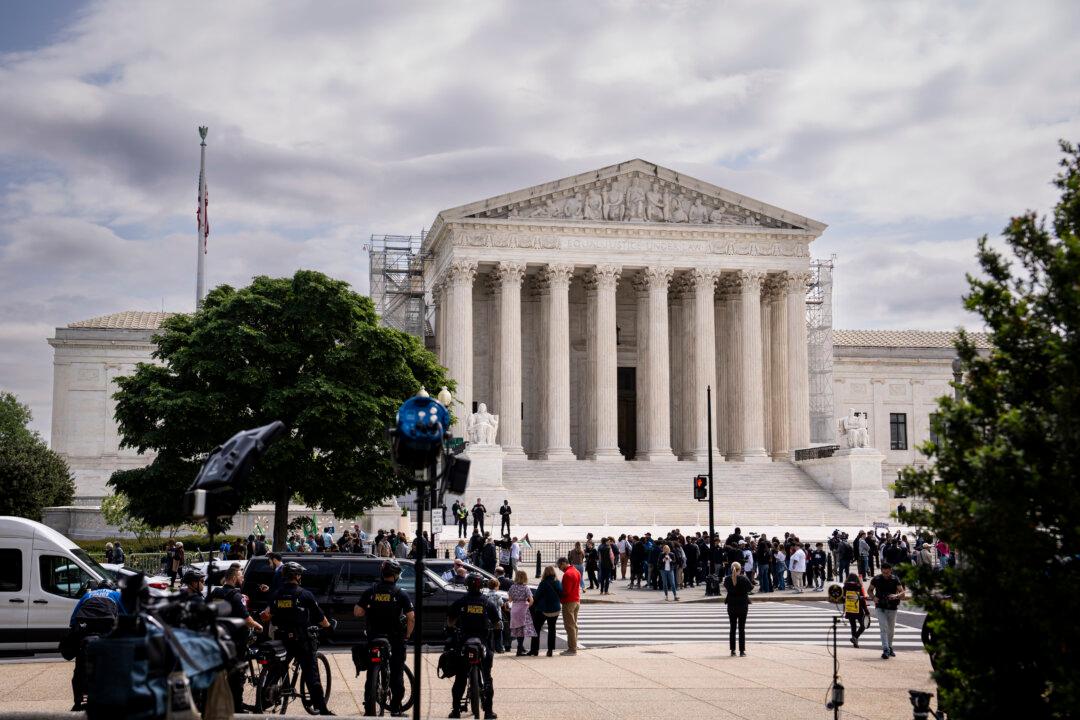Republicans on the House Committee on Oversight and Reform on Oct. 18 sent a letter to Coast Guard Commandant Adm. Linda L. Fagan to request a briefing on the Coast Guard’s process for reviewing religious accommodation exemption applications to the Pentagon’s COVID-19 vaccine mandate.
The GOP lawmakers said in the letter that they had received information that “indicates that the adjudication process for exemption applications was a pro forma exercise designed to reach predetermined conclusions—to deny requests and appeals—in nearly every single case.”




